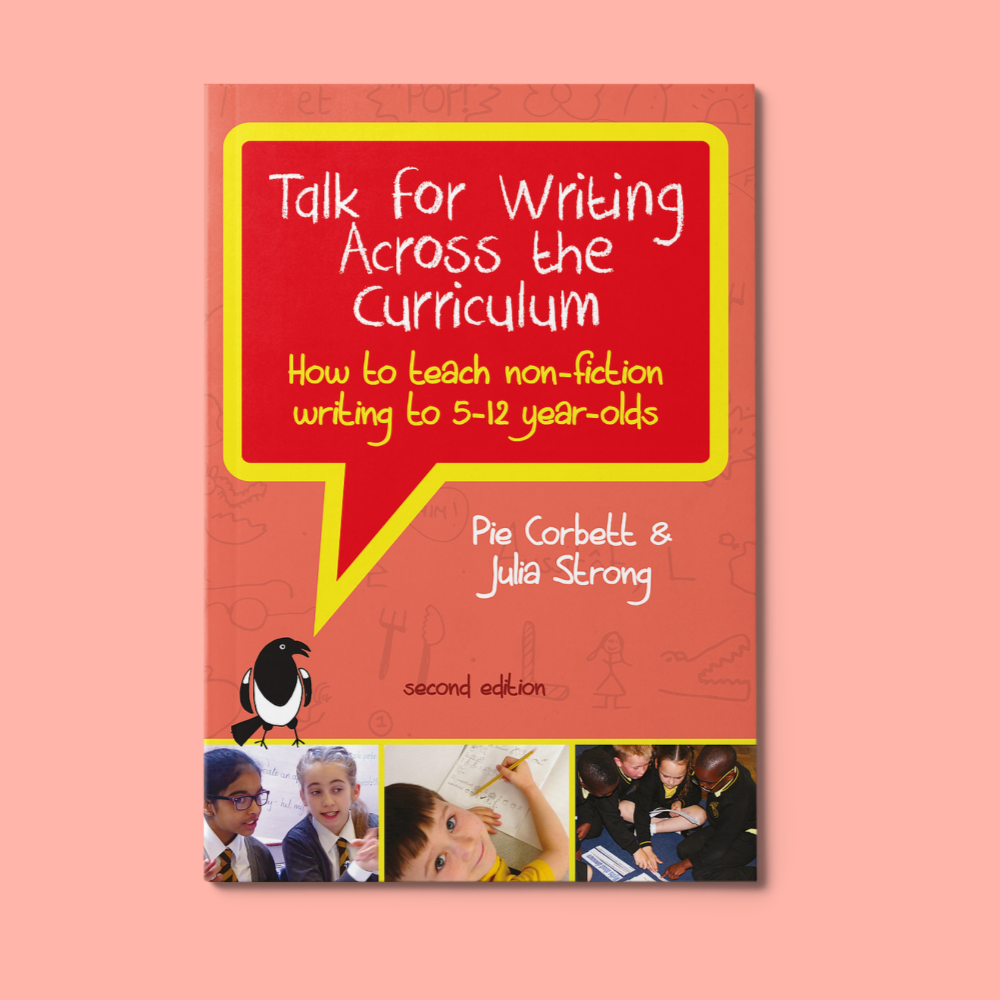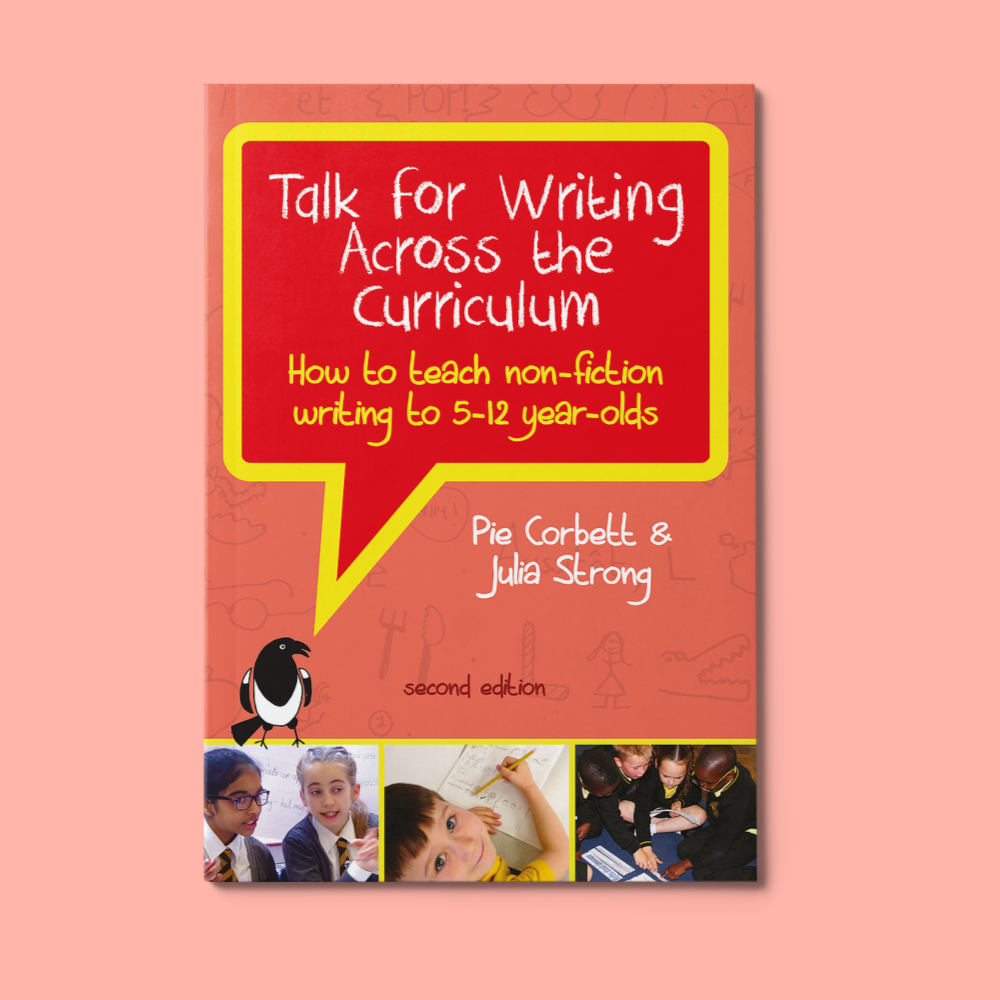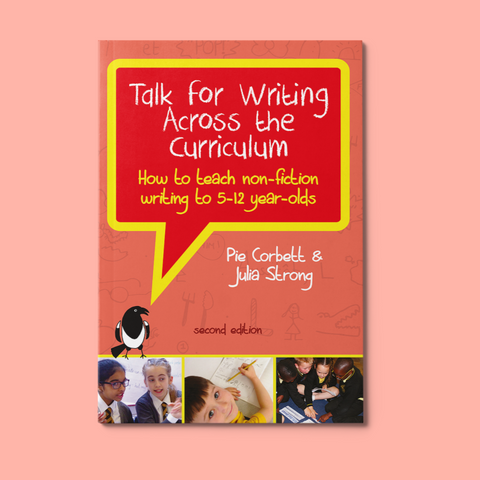In the new edition, this practical resource offers:
• Fully worked, tried and tested examples of how to apply Talk for Writing to each non-fiction text type
• A wide range of fun activities helping children internalise how to express and link text effectively
• A process that co-constructs learning so that children learn how to structure text and create toolkits of key ingredients
• Guidance for teachers in England on how to apply the approach across the primary curriculum
• Videos including new footage of Pie Corbett demonstrating Talk for Writing and new footage of classes engaged in the approach
• Advice on how to use the videos and handouts to train all staff in the approach
• Evidence of impact from cold to hot tasks
Designed for busy teachers, Talk for Writing across the Curriculum will help transform children's writing and attainment across the curriculum.
Published by Open University Press 2017
Previous edition 2011
"This latest update of Pie and Julia's best-selling book reflects changes in the curriculum, strengthening the Talk for Writing approach, using cold and hot tasks, showing new worked examples of how to apply Talk for Writing to each non-fiction type and placing formative assessment at the heart of the process. It is exciting to see how all the best ideas and findings in education are converging, evidenced in this latest 'up-to-the-minute' excellent publication."
Shirley Clarke, Formative Assessment Expert, UK
"The teaching of reading has always taken priority in policy and practice in literacy. Pie Corbett and Julia Strong have produced a very welcome counterweight to that dominance in their 'Talk for Writing Across the Curriculum'. It is so refreshing to see suggestions for teaching to bring elements of language together, especially when done in such an entertaining and engaging way. This new edition makes a 'classic' even better."
David Wray, Emeritus Professor, University of Warwick, UK
"This book celebrates the importance of talk in becoming and growing as a writer: talk to share ideas; talk to analyse text; talk to co-construct writing; and talk to evaluate writing. Throughout the book constantly underlines the importance of talk for learning and the many creative and rich ways talk can be used to help young writers internalise the rhythms and patterns of text. Full of practical ideas and activities, the teaching combines being creative and being crityical in a wholly integrated way. An invaluable resource for primary school teachers!"
Debra Myhill, Professor of Education at the University of Exeter, UK



